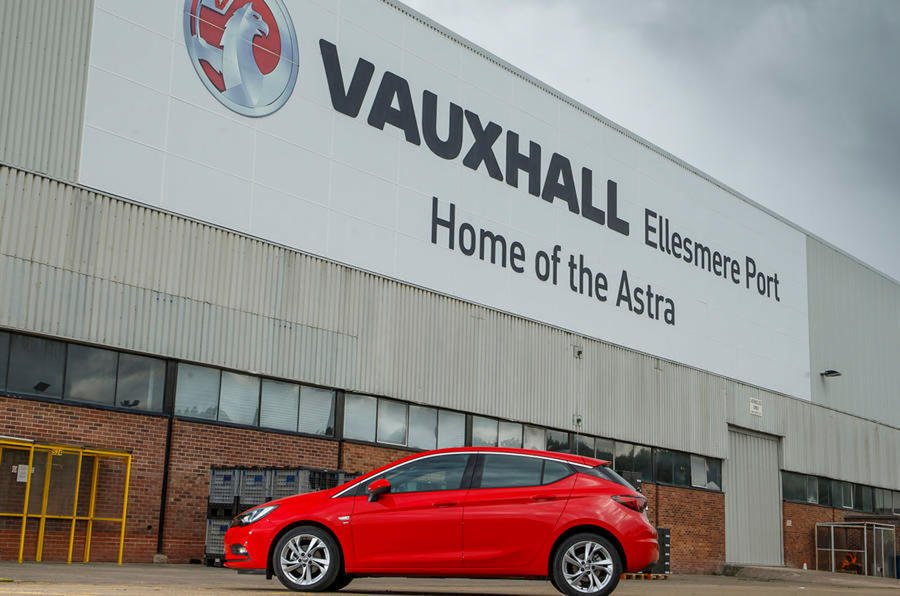In many ways, Vauxhall is in a stronger position now than it has been for years. Since the PSA Group purchased it and sibling brand Opel from General Motors, it has returned to profit and begun the roll-out of a wave of new models, such as the Corsa and Mokka, built on PSA platforms.
The scale of the PSA Group should help its brands withstand lost sales and profits from the crisis. Last year, Vauxhall launched a campaign to reinforce its British heritage, which was showing decent results pre-lockdown – and could pay dividends as customers look for brands they trust post-pandemic. Vauxhall boss Stephen Norman recently told Autocar that he expects consumers to move towards more value-led brands such as his.
Will Ellesmere Port stay open?
The future of Vauxhall's Ellesmere Port factory relies solely on the UK achieving a free trade deal with the EU, according to PSA Group boss Carlos Tavares, who is renowned for tough cost-cutting but also, crucially, turning brands around. So much so that Vauxhall was back in profit by July 2018, for the first time in 19 years and just six months after being bought by the French firm.
Tavares recently said he remains "eager to invest" in the Cheshire factory that builds the Astra should a suitable business case be made for it off the back of UK-EU trade deal talks.
However, should tariffs be imposed on cars or car parts, Tavares has said the UK government would have to invest, adding that it "wouldn't be ethical" for PSA employees at profitable factories elsewhere in the world to be paying for Ellesmere Port's deficits just to keep it running. Wells says: "Within Europe, it's in a very weak position. It doesn't have the right product or future focus."
Related News

